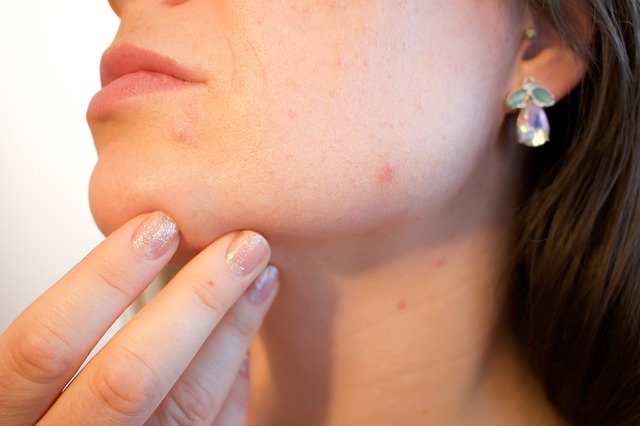How to Avoid Getting Maskne
Acne is irritating at the best of times, but the COVID-19 pandemic has made this problem much worse. Between increased stress and decreased skin breathability, the pandemic has made proper skincare more important than ever.
What Is Maskne?
Maskne is the acne that forms due to wearing a mask. Masks do not allow the skin to breathe. Instead, they trap humidity and provide a breeding ground for acne-causing bacteria. The fabric’s contact with the face also brings an extra level of bacteria in contact with the skin, exacerbating the problem. This phenomenon is similar to reusing a washcloth over and over again.
How to Prevent Maskne
Learning the answer to the question, “what is maskne?” is a helpful first step. Understanding the problem always makes it easier to solve, but following some simple prevention steps is the best way to reduce the effects of maskne.
Sunscreen and Moisturizer
Although too many products can cause irritation, a thin layer of light sunscreen or moisturizer can help protect the skin. These products help control moisture and may block the effects of sweat and prevent skin from drying out, keeping the skin healthier and clearer. Products with just a few natural ingredients will work better than synthetic ones.
Makeup
Dermatologists generally recommend skipping makeup under masks. Since the skin is more vulnerable, oils from the makeup have a higher chance of permeating the skin and clogging pores, which leads to maskne. Wearing foundation too often can cause acne in normal times, so the added layer of the mask makes the problem much worse. If makeup is necessary, opting for light layers or tinted moisturizer can help mitigate acne-causing effects.
Masks
Masks need to be tight and hot in order to be effective, but these qualities increase maskne problems. Since skipping the mask is not an option, choosing masks carefully is the next best thing. More breathable 100% cotton masks that are only as tight as absolutely necessary are the least likely to result in maskne. Washing masks frequently also helps destroy bacteria to prevent maskne while limiting dangerous contact with the virus.
Face Washing
Between masks and summer sweat, face washing is more important than ever. Maskne cleansers and micellar water are good, gentle options that can limit facial dryness and irritation. However, cleansers containing salicylic acid are more likely to prevent and control maskne in acne-prone skin. Gentle face washing at least twice a day will help significantly, although it is best to wash up immediately after removing masks throughout the day.
Treating Maskne
Once maskne has formed, it is more important than ever to follow the steps for prevention. Topical remedies can also help with treatment. Gentle creams such as Aquaphor are useful for some symptoms, especially soothing irritated skin. Stronger products such as benzoyl peroxide can help eliminate the maskne, but it should be used with caution as it can cause some skin irritation and stain masks. Hydrocortisone cream can be a useful spot treatment with a doctor’s guidance, but using too much can make the problem even worse.
Some maskne is inevitable during the COVID-19 pandemic. Setting masks aside is not an option, but proper skincare can help limit masks’ effects on acne and skin irritation. Preventative measures and maskne treatment as needed can help people achieve clear skin while staying safe.
Feature Image by Kjerstin Michaela Haraldsen from Pixabay
Tim is the Founder and CEO of Skin Pro International, a Miami-based manufacturer, marketer, and distributor of anti-aging skin treatments.


